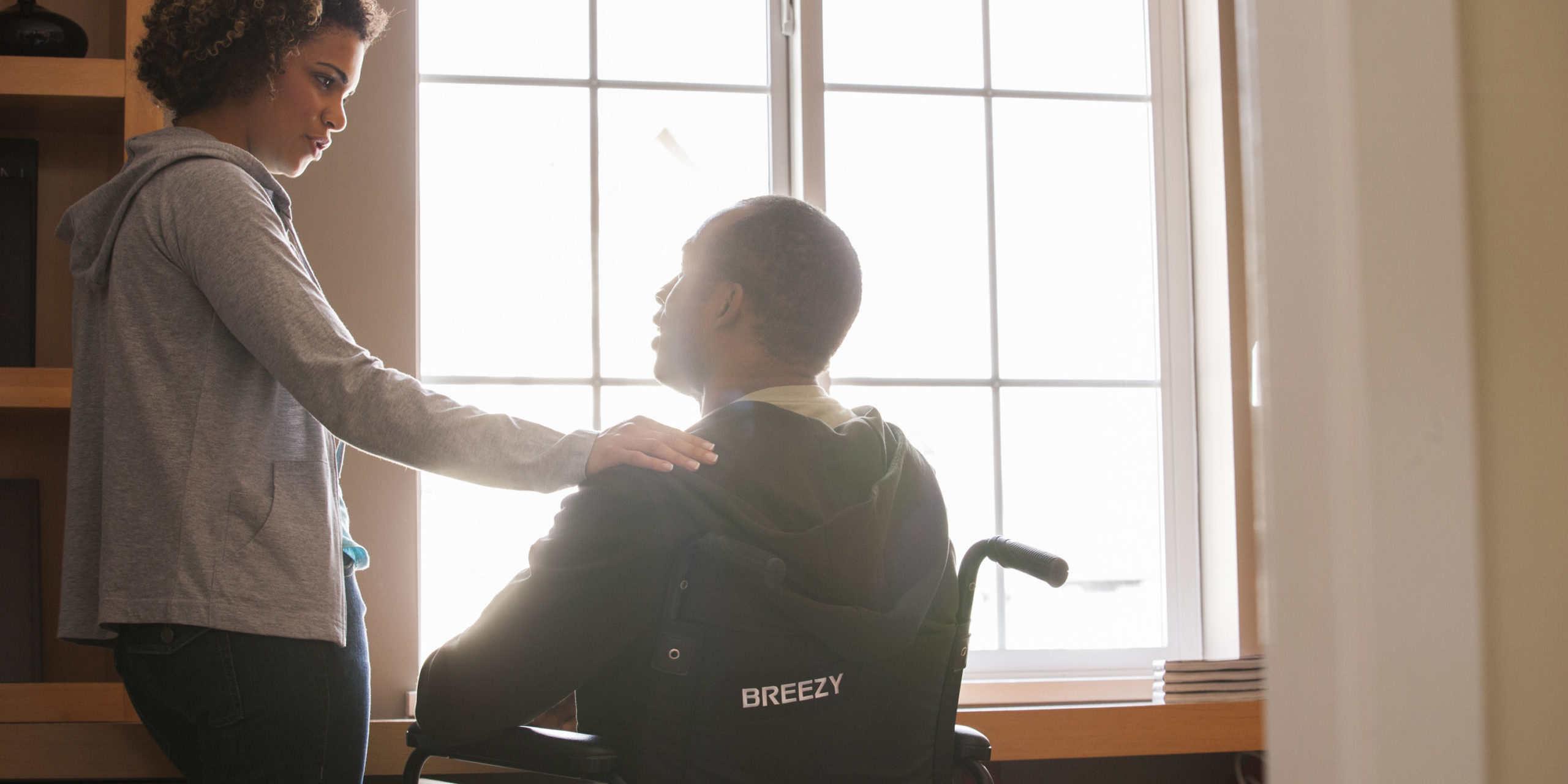Reaching out for assistance from a certified health homecare provider is not always an easy decision, especially if you are in charge of making the healthcare decisions for a loved one, such as an elderly parent. Disability can happen to anyone. In fact, according to the Council for Disability Awareness, more than one in four of today’s 20-year-olds will become disabled at some point before they retire. When you are familiar with certain life events and triggers that are likely to lead to the need for in home healthcare, it becomes much easier to identify when your parent or another loved one may require help that you are no longer able to provide on a daily basis.
1. Illness Diagnosis
One of the biggest triggers for individuals to turn to home healthcare is an illness diagnosis. Individuals who are diagnosed with chronic, long-term, and terminal illnesses are the most qualified candidates to begin receiving in home healthcare. Those who are terminally ill can also benefit from physical therapy, medication management, and ongoing hospice care, as needed. In home care for disabled adults is also a service to consider, especially if you have a loved one who is suffering from cognitive, rather than physical disabilities. Whether your loved one is struggling with an illness such as cancer or if they are considered a developmentally disabled adult, there are in home services available for just about everyone in need.
2. Illness Progression
As a patient’s illness or terminal diagnosis progresses, they are more likely to require assistance with day-to-day tasks, such as bathing and even preparing or eating their own food. Illness progression is another leading trigger for those who are seeking medical assistance and in home care, as it provides an opportunity to receive proper care without requiring constant transportation or visiting other specialists and doctors outside of the home.
3. Accidents
An accident or physical injury can occur at any time in life, regardless of your age. Whether you’re 18 or 80, it’s possible to require in home healthcare due to being involved in a serious accident. Accidents that result in incapacitated individuals or handicapped patients require extensive physical therapy, rehabilitation, and ongoing medical monitoring until the patient is back to health.
4. Medication Management Difficulties
If a patient begins to show a cognitive decline for any reason (such as aging or illness), they may find it more difficult to properly manage their medications. If you notice that a loved one is no longer able to take their own medications without assistance, it may be time to broach the topic of in home care or healthcare assistance. Medication mismanagement is a leading cause of overdoses, especially among elderly patients and patients who are prescribed numerous opioids, benzodiazepines, and other medications that directly impact the body’s central nervous system.
5. Sudden Loss of a Loved One
It’s not uncommon for individuals who have recently suffered a devastating loss of a loved one to require assistance or in home healthcare, especially those who are older or suffering from existing chronic conditions. The sudden loss of a loved one can send individuals spiraling if they do not have adequate support regarding their mental and emotional well-being. An in home healthcare provider can help to alleviate some of the added burdens that occur after losing a loved one.
6. Nutritional and/or Dietary Changes
Diet and nutrition play a major role in how we live and how healthy our bodies remain, even as we age. If you have a loved one in your life who is showing signs of dietary changes (being unable to eat), it may be time to consider in home healthcare services. In home care for disabled adults and even aging seniors is available to alleviate stress and to ensure that your loved ones are receiving proper nutrition each day.
7. Change in or Loss of Balance
If you notice that your loved one is having difficulties balancing while walking or attempting to navigate around their house, assistance may be necessary. Losing balance or feeling increasingly confused while attempting to walk are both clear indicators that it may be time to seriously consider in home care and/or assistance for your loved one.
Familiarizing yourself with the in home healthcare industry and the services that are provided by in home care for disabled adults can help you to determine when the time is right for your own loved ones to receive additional assistance and care in the home. When you know what signs to look for to determine if your loved one requires in home care, you can remove the guesswork of the situation, alleviating stress and streamlining the process of getting your loved one the care they need and deserve.







